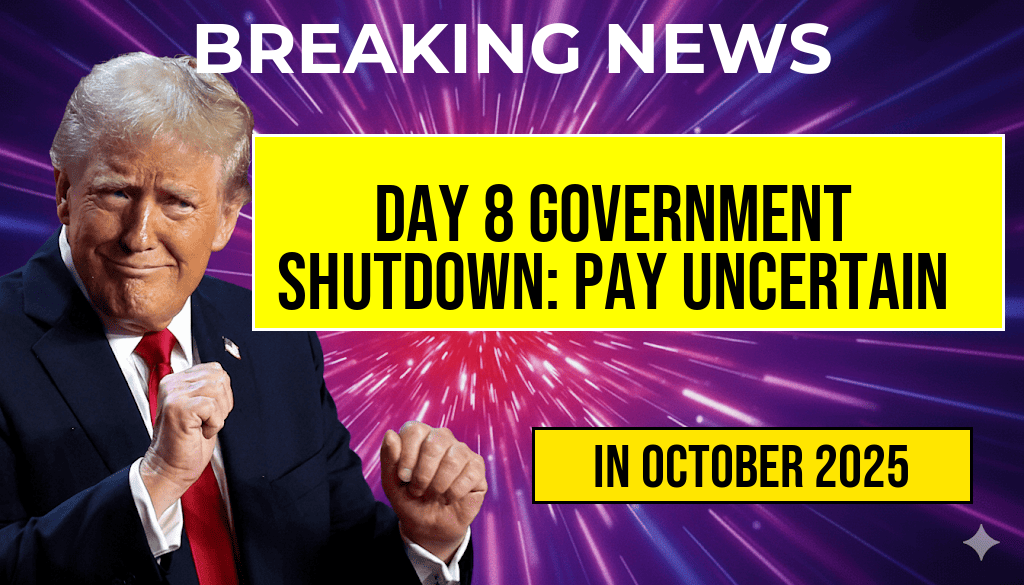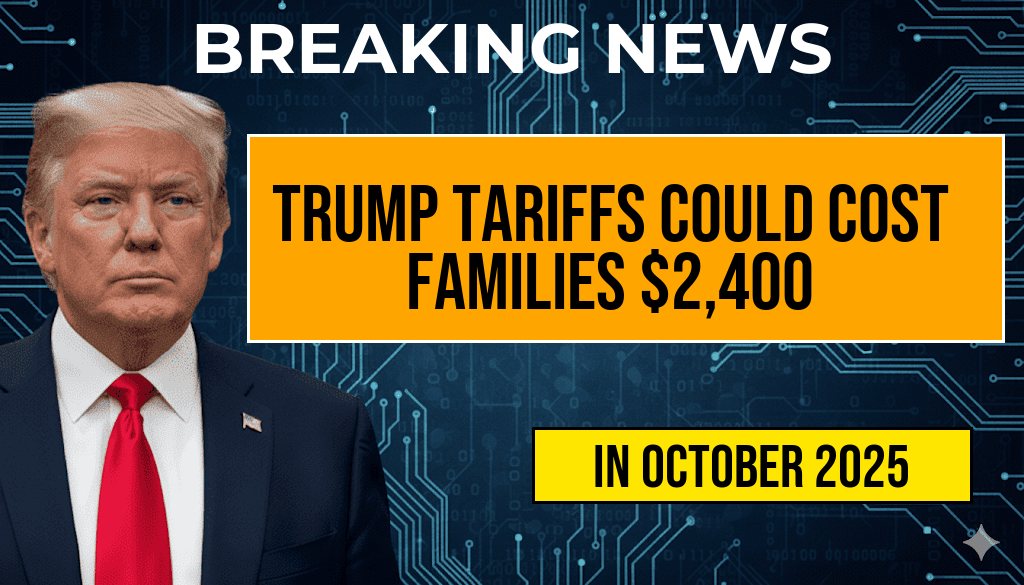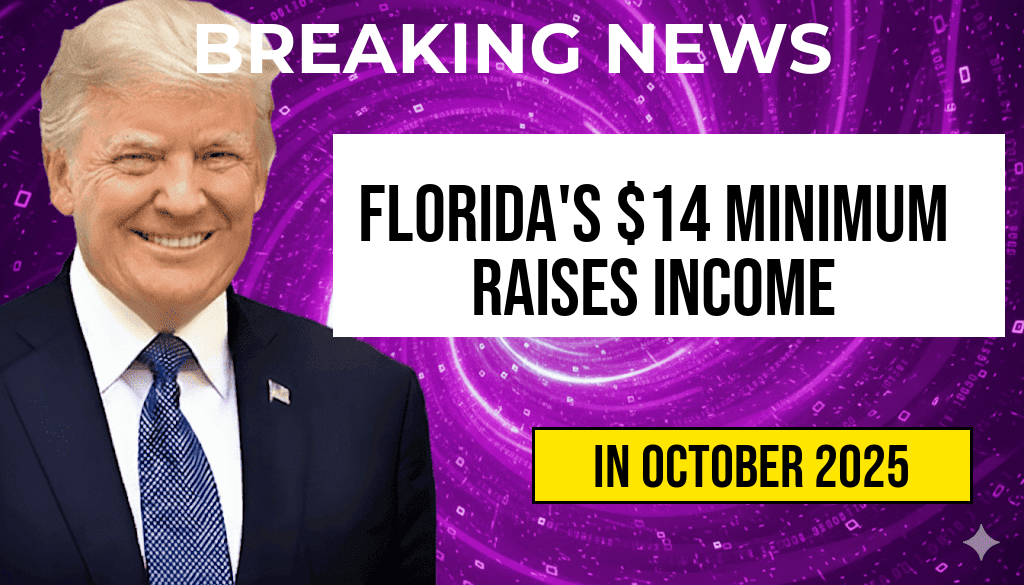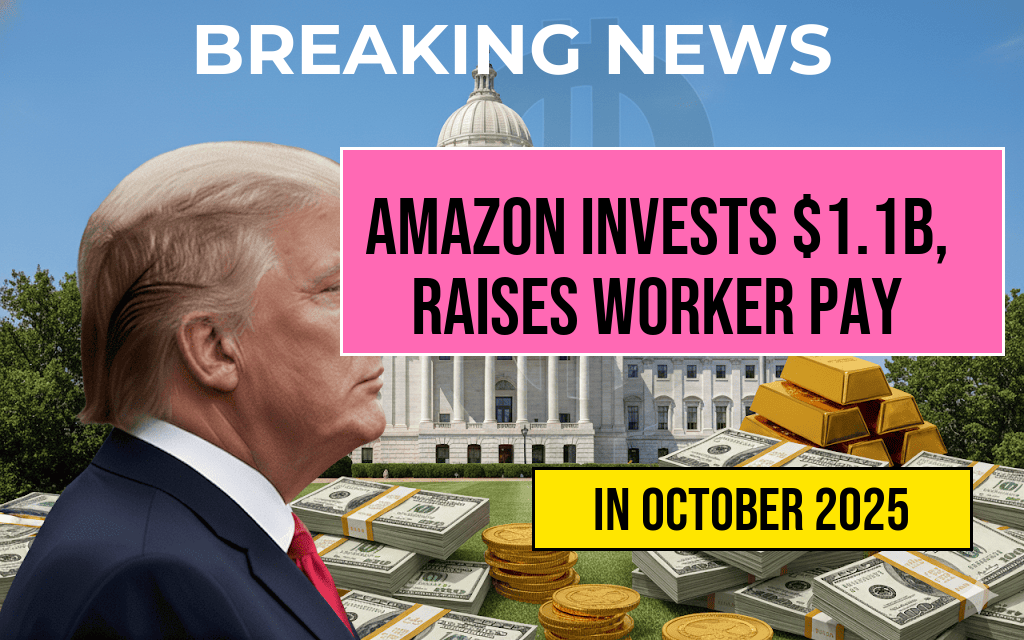As the government enters its eighth day of a partial shutdown, federal employees across the nation are grappling with mounting financial uncertainty. With Congress remaining deadlocked over funding legislation, many workers are left wondering whether they will receive **partial or full pay** for their services. While some agencies have issued guidance on pay schedules, the overall situation remains fluid, raising concerns about the economic impact on federal employees and their families. This ongoing impasse underscores the broader political stalemate that has left essential government functions in limbo, prompting urgent calls for resolution from lawmakers and advocacy groups alike.
Federal Employees Face Uncertainty as Shutdown Continues
Since the shutdown began on October 1, 2023, hundreds of thousands of federal workers have been furloughed or compelled to work without pay. The absence of federal funding has disrupted operations across numerous agencies, including the Department of Homeland Security, the Department of Veterans Affairs, and the Internal Revenue Service. While some employees are deemed essential and required to work without immediate pay, others are sidelined entirely. The question of whether these workers will receive **partial or full pay** remains unresolved, fueling anxiety and financial hardship for many.
Government Guidance on Pay During a Shutdown
The legal framework surrounding federal pay during a shutdown is complex. Typically, laws enacted by Congress dictate whether employees will be compensated retroactively once funding is restored. In most recent shutdowns, federal workers who are required to work during the period have received their paychecks once appropriations are reinstated, though delays can occur. Conversely, furloughed employees generally do not receive paychecks during the shutdown period unless specific legislation or executive orders provide for it.
| Employee Category | Paid During Shutdown | Notes |
|---|---|---|
| Essential Workers | Yes (retroactively if applicable) | Required to work; pay depends on legislation enacted afterward |
| Furloughed Employees | No (until funding is restored) | Typically unpaid during shutdown period |
According to the Wikipedia entry on U.S. government shutdowns, Congress can pass legislation to provide back pay for furloughed workers, but such measures are not automatic, and delays in legislative action can prolong financial hardship.
Potential for Partial Pay or Back Pay
Legislators have historically addressed pay issues after shutdowns end. The Fair Labor Standards Act and other statutes typically ensure that federal workers are compensated once funding resumes. However, the timing of these payments can vary. Some agencies have promised to prioritize back pay, but federal employees are advised to prepare for potential delays. The Office of Personnel Management (OPM) has issued guidance indicating that employees working during shutdown periods will generally receive pay once appropriations are approved.
Impact on Federal Employees and the Economy
The ongoing shutdown extends beyond immediate pay concerns. Many federal employees are facing difficulties covering basic expenses such as rent, utilities, and groceries. Financial institutions and support organizations have reported increased requests for assistance as workers navigate uncertain pay schedules.
Economically, the shutdown’s ripple effects threaten to slow local economies, especially in regions heavily reliant on federal employment and contracting. Small businesses that serve government offices are experiencing decreased patronage, and delays in federal spending can hinder broader economic growth, according to analysts from Forbes.
Calls for Legislative Action
Lawmakers from both parties have expressed concern over the prolonged shutdown, urging swift negotiations to reopen the government. Senate leaders and House representatives have proposed various funding measures, but disagreements over policy provisions have stalled progress. President Biden has also called for bipartisan cooperation, emphasizing the need to prioritize federal workers’ financial stability.
Public opinion polls indicate widespread support for federal employees, with many Americans viewing the shutdown as a reflection of political dysfunction. Advocacy groups, including the Federation of American Federal Employees, continue to push for legislation ensuring that furloughed workers receive full back pay without delay.
Legal and Legislative Outlook
The legal landscape suggests that, unless Congress acts, federal employees who are furloughed during the shutdown may not receive pay until appropriations are restored. However, some legislative proposals aim to guarantee **partial** or **full pay** during shutdown periods, especially for essential personnel. The resolution hinges on political negotiations, with some analysts warning that prolonged deadlock could exacerbate financial hardships for countless federal workers.
For more detailed guidance, federal employees are encouraged to consult official resources like OPM’s official website.
Frequently Asked Questions
What is the current status of the government shutdown on Day 8?
The government shutdown has entered its eighth day, affecting various federal operations and services across the country.
Will federal employees receive partial or full pay during the shutdown?
As of now, federal employees may face partial or no pay depending on legislative decisions and whether funding is restored, with many awaiting official updates.
How does the government shutdown impact federal employees financially?
The financial impact on federal employees can be significant, with many experiencing delayed or missed paychecks until funding is reestablished.
Are essential federal services still operational during the shutdown?
While some essential services like national security and public safety agencies continue operating, many other services are temporarily suspended or limited.
What steps are being taken to resolve the government shutdown?
Lawmakers are actively working to pass funding bills or a continuing resolution to reopen the government and ensure federal employees are paid.






